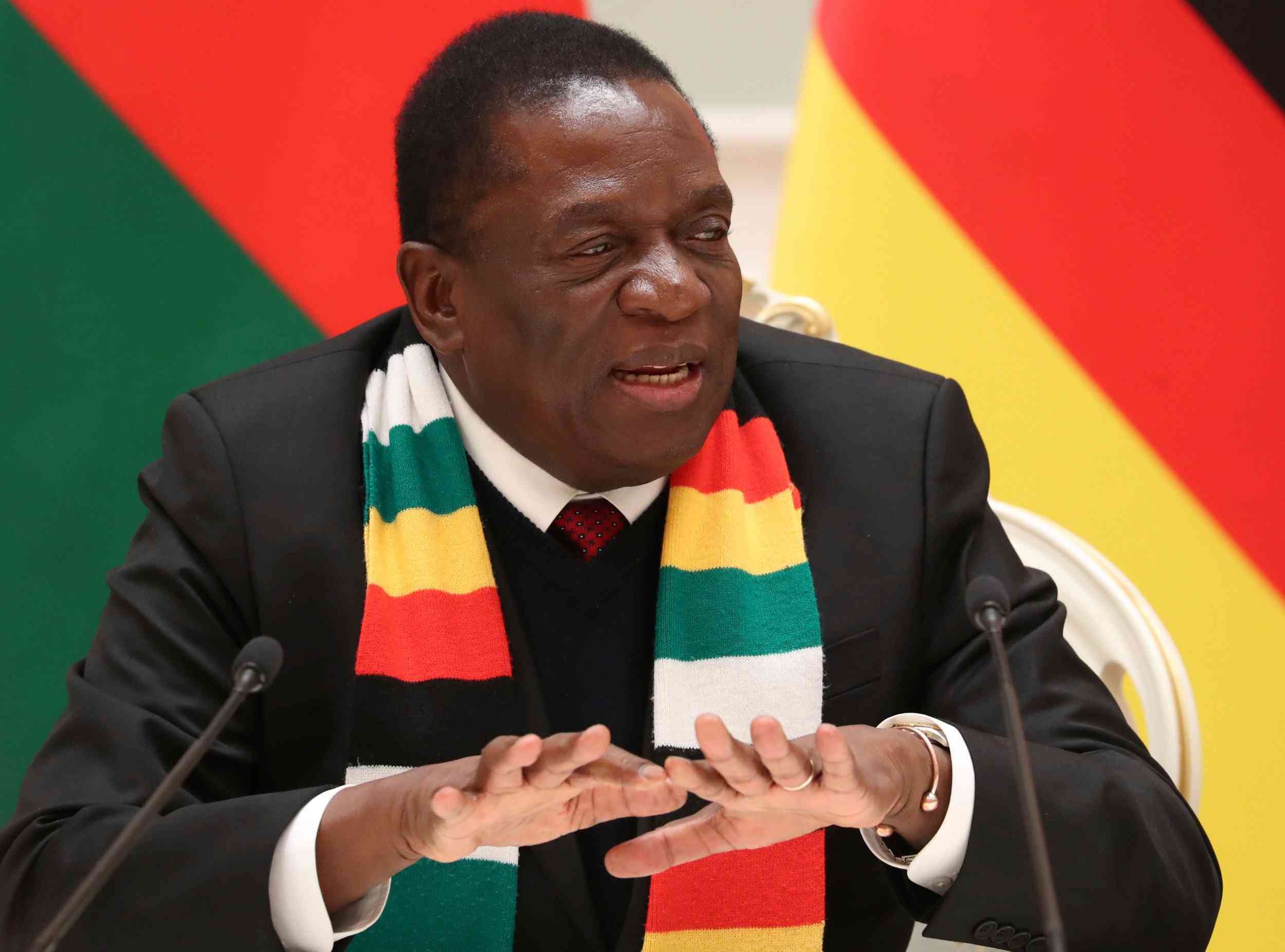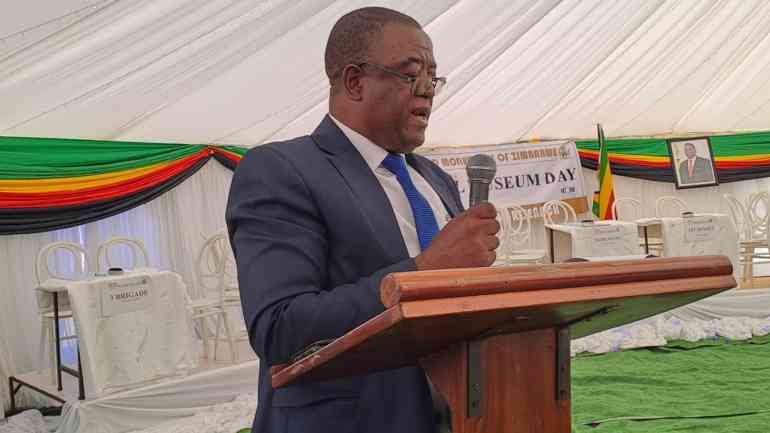
CUNNING politicians have a way of keeping certain people in check.
And intelligent politicians have a way of pampering those who might threaten their influence by offering them trinkets such as loans, cars, huge perks, allowances, etc.
President Emmerson Mnangagwa on Monday delivered a blinder.
And no one saw it coming.
He tweaked the conditions of service for members of the security sector, increasing their normal service period from 20 to 30 years.
Previously, members of the police force, prisons and army could serve in the force for 20 years and extensions were at the prerogative of the commanders.
Mnangagwa made the changes using Statutory Instrument (SI) 201 of 2024 under the Presidential Powers (Temporary Measures) (General Laws Amendment) Regulations, 2024.
Part of the SI read affecting the police says: “The Commissioner may, on notice of 12 months, in writing, require a regular force member whose pensionable service at the end of such notice will amount to 30 years or more, to retire from the regular force.”
- Corruption Watch: Get scared, 2023 is coming
- Corruption Watch: Get scared, 2023 is coming
- Letters: Ensuring Africa’s food security through availability of quality seeds
- Is military's involvement in politics compatible with democracy?
Keep Reading
The retirement age remains at 60, but a serving member may extend service for five years upon retirement if the Police Commissioner-General deems it fit.
Under the new regulations, officers may serve for up to 70 years of age.
In early December last year, Mnangagwa commissioned 220 housing units under the Dzivaresekwa and Imbizo Barracks Institutional Accommodation Project as well as 54 utility vehicles.
He claimed the prioritisation of the Zimbabwe Defence Forces was of utmost importance as they served, advanced the national interest, and defended the independence, sovereignty, and territorial integrity of the country.
The trinkets, he added, were a symbol and constant reminder of the enduring gratitude, respect and honour that Zimbabwe has for the sacrifices made by the defence forces, adding that 8 430 housing units will be constructed under the Dzivaresekwa and Imbizo Barracks Institutional Accommodation Projects.
In the run-up to the August 2023 elections, Mnangagwa’s government awarded judges “housing loans” of US$400 000, which lawyers called “bribes”, less than three months before the watershed elections when the same judges could be called upon to decide the election winner.
The judges were not required to sign loan agreements, it was claimed.
The huge “loans” came after similar offerings to Central Intelligence Organisation directors (US$350 000), Cabinet ministers (US$500 000) and MPs (US$40 000).
Today, there is serious infighting in the ruling Zanu PF over succession matters, with the party set for implosion as a section is pushing for the extension of Mnangagwa’s term limit to 2030.
A faint voice in the party is even suggesting 2035.
Mnangagwa himself has publicly stated three times that he wants to retire at the end of his term in 2028.
The danger we are in now is that even if he wakes up tomorrow and says he wants to stay on, no one in the institutions that matter could conceivably protest.
Houses are being built for them, they have farms, they get farming inputs for free, they get loans in United States dollars, they get new cars to use, and now their normal service period has been extended by 10 years.
Mnangagwa could even ask them: “You didn’t complain when I extended your normal service period, so why are you complaining today when I want to extend mine?”
The electorate does not matter in this situation.
The 1927 Liberia elections serve as a good example, where Charles DB King, of the True Whig Party, was re-elected for a third term after defeating Thomas JR Faulkner of the People’s Party.
Referred to as “the most rigged (elections) ever” and listed in the Guinness Book of Records as the most fraudulent election in history, there were fewer than 15 000 registered voters, but according to the official results, King received around 230 000 votes to Faulkner’s 9 000.
Talk of the electorate being there to sanitise politicians’ fraud.
Now that the conditions of service have been tweaked in Zimbabwe, the securocrats have been metaphorically marinaded and cannot say to the bastardisation of the Constitution that is bound to happen in Zimbabwe.










